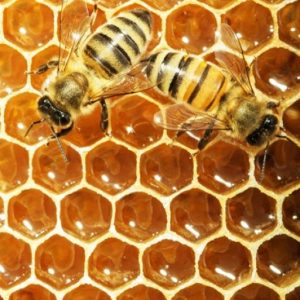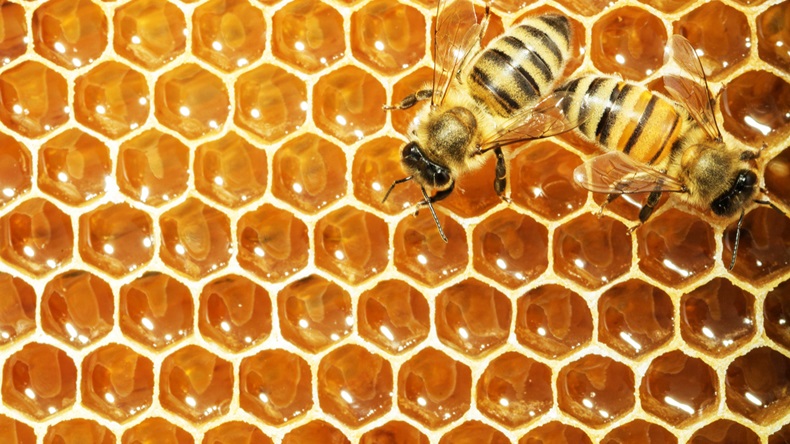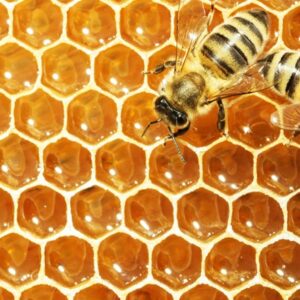
Why are bees so important?

Pollination: Bees are among the most effective pollinators in the natural world. They transfer pollen from the male parts (anthers) of flowers to the female parts (stigma), enabling the fertilization and reproduction of plants. This process is essential for the production of fruits, vegetables, nuts, and many crops. Without bees, the yields of these crops would be significantly reduced, leading to food scarcity and economic challenges.
- Biodiversity: Bees contribute to the preservation of biodiversity by pollinating a wide range of plants. Many plants depend on specific pollinators like bees for reproduction. When bees are abundant and diverse, they help maintain healthy ecosystems by ensuring the survival of various plant species, which, in turn, provide habitat and food for other wildlife.
- Food Production: Bees play a critical role in global food production. They are responsible for pollinating numerous crops, including apples, almonds, blueberries, cherries, avocados, and various types of vegetables. Without bees, the availability and diversity of our food supply would be severely diminished, leading to higher prices and potential food shortages.
- Economic Impact: The agricultural and economic value of pollination by bees is enormous. The global market value of crops that depend on pollinators is estimated to be in the hundreds of billions of dollars. This means that bee pollination directly contributes to the livelihoods of farmers and the global economy.
- Medicinal Plants: Bees also play a role in pollinating medicinal plants. Many traditional medicines and natural remedies are derived from plants that require pollination by bees. These plants have cultural, medical, and economic significance.
- Honey Production: Bees produce honey, which is not only a delicious and natural sweetener but also has various health benefits. Honey has been used in traditional medicine and is a valuable product in the apiculture industry.
- Ecosystem Services: Bees are considered ecosystem service providers. They contribute to the health and stability of ecosystems by ensuring the reproduction of plant species. This, in turn, supports the wildlife that depends on these plants.
- Environmental Stewardship: The presence of bees and their pollination services encourages the preservation of natural habitats and the responsible use of land. Farmers and landowners often adopt sustainable practices to ensure the health of bee populations and the success of their crops.
- Genetic Diversity: The genetic diversity of bees is important for their resilience to environmental changes and disease. This diversity can be vital for the long-term health of bee populations.
- Scientific Research: Bees also hold value in scientific research. Studying their behavior, communication, and navigation abilities has provided insights into complex biological and environmental processes.
Despite their significance, bee populations worldwide are facing challenges, including habitat loss, pesticide exposure, climate change, and disease.
These threats have led to declines in bee populations, with potential consequences for food security and ecosystem stability. Efforts to protect and preserve bee populations are essential to ensure their continued contribution to our environment and agriculture and at Tenuta Le Mandorlaie we are growing our bees families, if you would like to help, then adopt a beehive today, enjoy the feeling of adding bees to the eco system while also enjoying some incredible honey!
Our beehive adoption program
-
Adopt a beehive in Tuscany
Beehive sponsorship
Original price was: €189.00.€169.00Current price is: €169.00. inc. Sales tax


